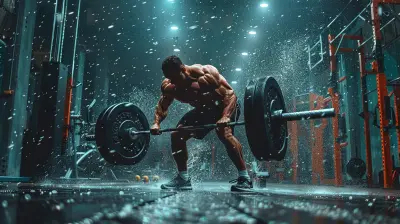The Role of the Designated Hitter: Should It Be Universal?
3 June 2025
Baseball is a game of tradition, strategy, and never-ending debates. Few discussions spark as much controversy as the role of the Designated Hitter (DH). Some fans love it, others despise it—but should the DH be universal? That’s the big question.
For years, Major League Baseball (MLB) has operated with two contrasting rules: the American League (AL) embraces the DH, while the National League (NL) traditionally required pitchers to step up to the plate. With the universal designated hitter now in place starting from the 2022 season, the debate has only intensified. Was it the right move? And should the DH remain universal moving forward?
Let’s break it all down. 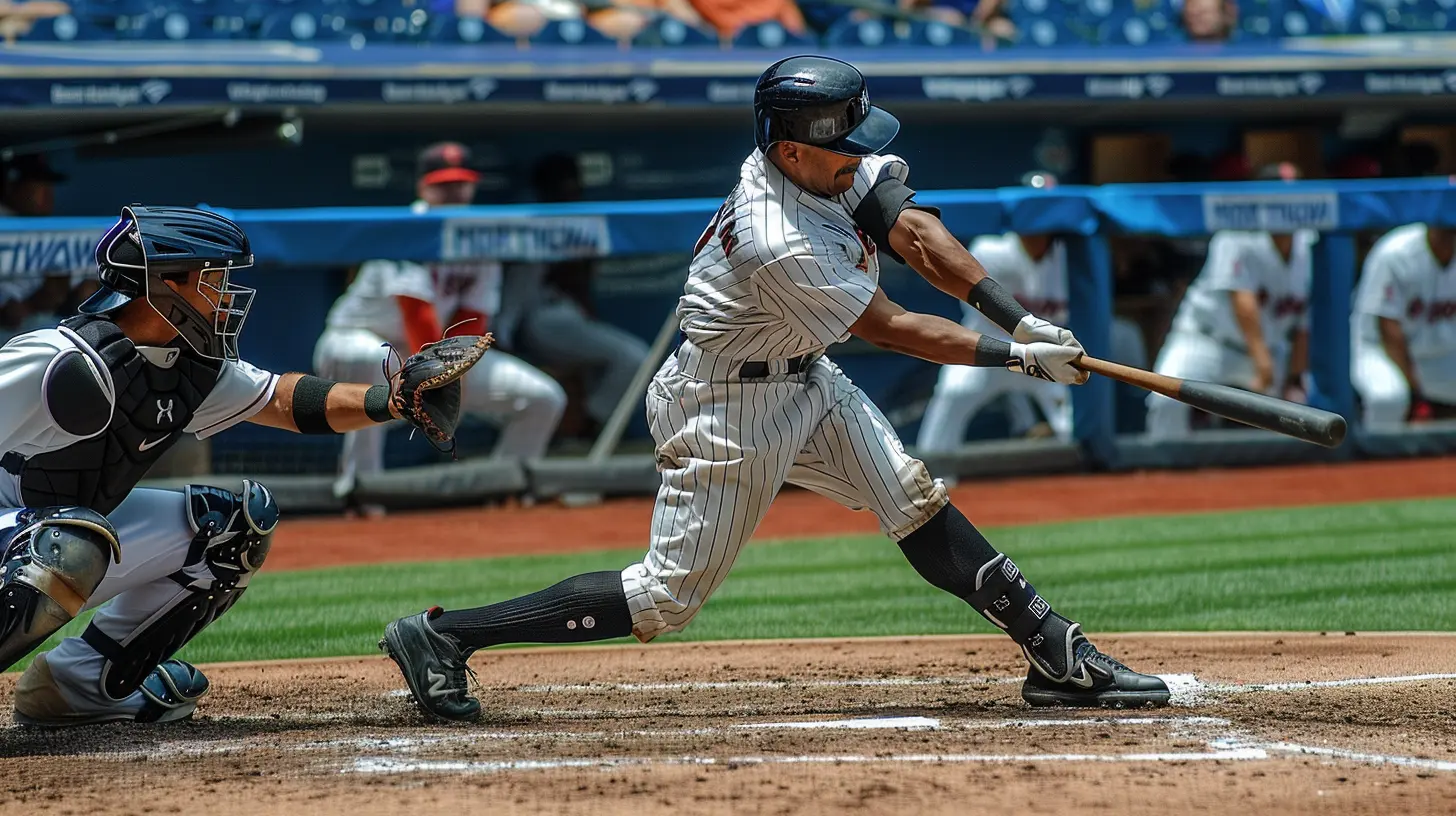
A Quick Look at the DH Rule
The designated hitter rule was introduced in 1973 by the American League to boost offensive production. The rule allows teams to use a hitter in place of the pitcher in the lineup. The idea was simple—most pitchers are terrible hitters, so why not replace them with a full-time batter?For nearly 50 years, the DH was exclusive to the AL, while pitchers in the NL had to hit for themselves. But with the universal DH implemented in 2022, both leagues now follow the same rule.
So, has baseball changed for the better? Or did it lose some of its charm? 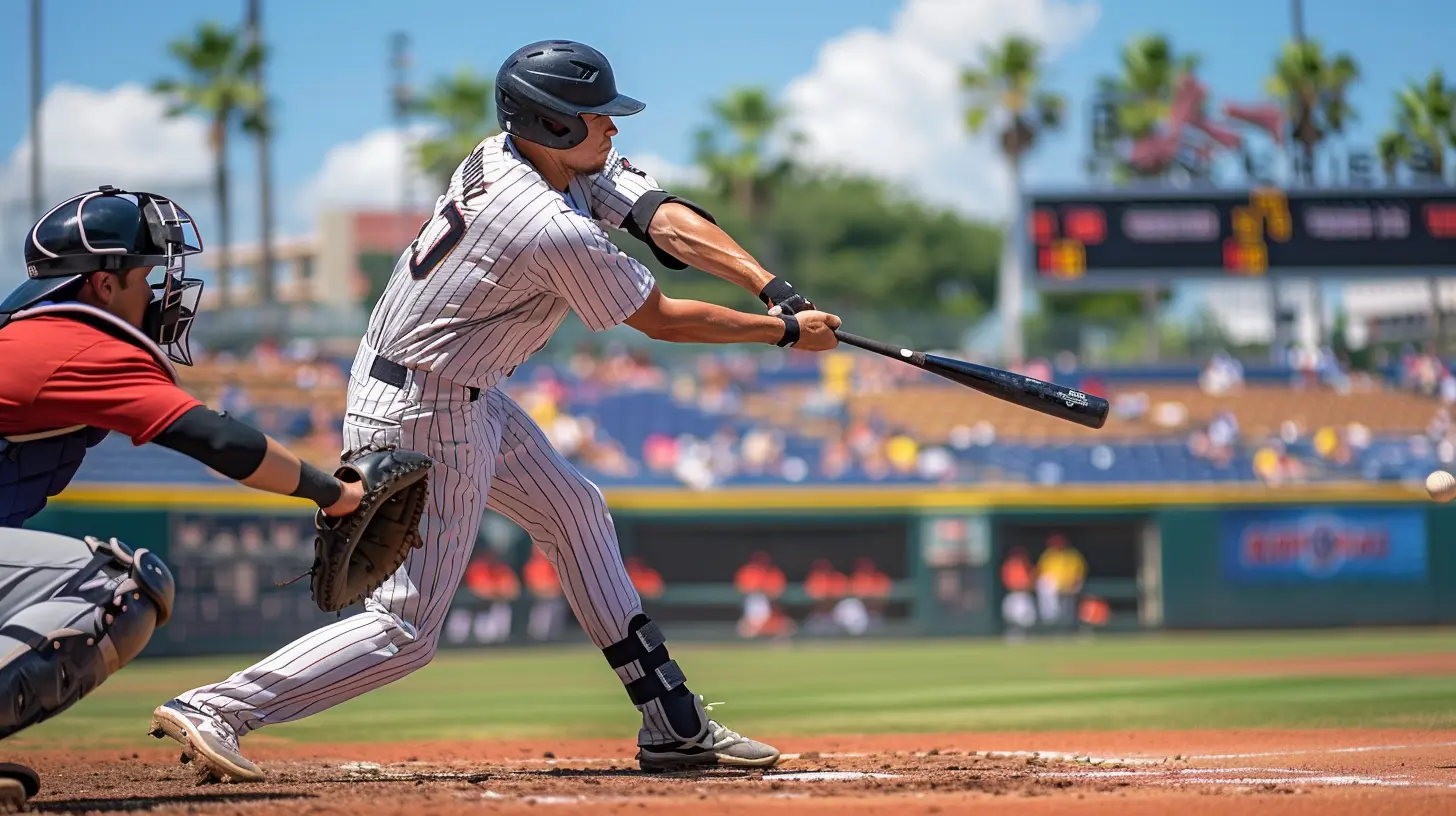
Arguments in Favor of the Universal DH
1. Better Offensive Production
Let’s be honest—most pitchers are horrendous hitters. Watching them flail at pitches and strike out repeatedly isn't exactly thrilling. By using a designated hitter, teams ensure more offense, leading to more exciting games.Fans love home runs, clutch hits, and high-scoring matchups. The DH keeps the game competitive by allowing a professional hitter to step in, rather than an overmatched pitcher trying to survive at the plate.
2. Extending Careers of Veteran Players
Many legendary sluggers have extended their careers thanks to the DH. Think about players like David Ortiz, Edgar Martínez, and Nelson Cruz—guys who may have been forced into early retirement without a DH spot.Without a universal DH, aging power hitters in the NL had nowhere to go once their defense declined. Now, they have a chance to stay in the game longer, continuing to contribute offensively while reducing injury risks.
3. Less Risk of Injury for Pitchers
Pitchers already have one of the most demanding and injury-prone roles in baseball. Asking them to hit—and even worse, run the bases—only increases the risk of injury.Imagine an ace like Max Scherzer or Clayton Kershaw pulling a hamstring trying to leg out an infield hit. That’s a nightmare for any team. With a universal DH, pitchers can focus on what they do best—pitching.
4. More Strategic Flexibility for Managers
Some argue that the DH removes strategy, but in reality, it adds a different kind of tactical depth. Managers can adjust lineups based on matchups, rotate players into the DH spot for rest, and optimize offense without worrying about a pitcher’s turn in the lineup killing a rally.No more awkward decisions about whether to pinch-hit for a dominant pitcher in the middle innings. With the DH, the best hitters stay in the game longer, and managers have more control over their lineups. 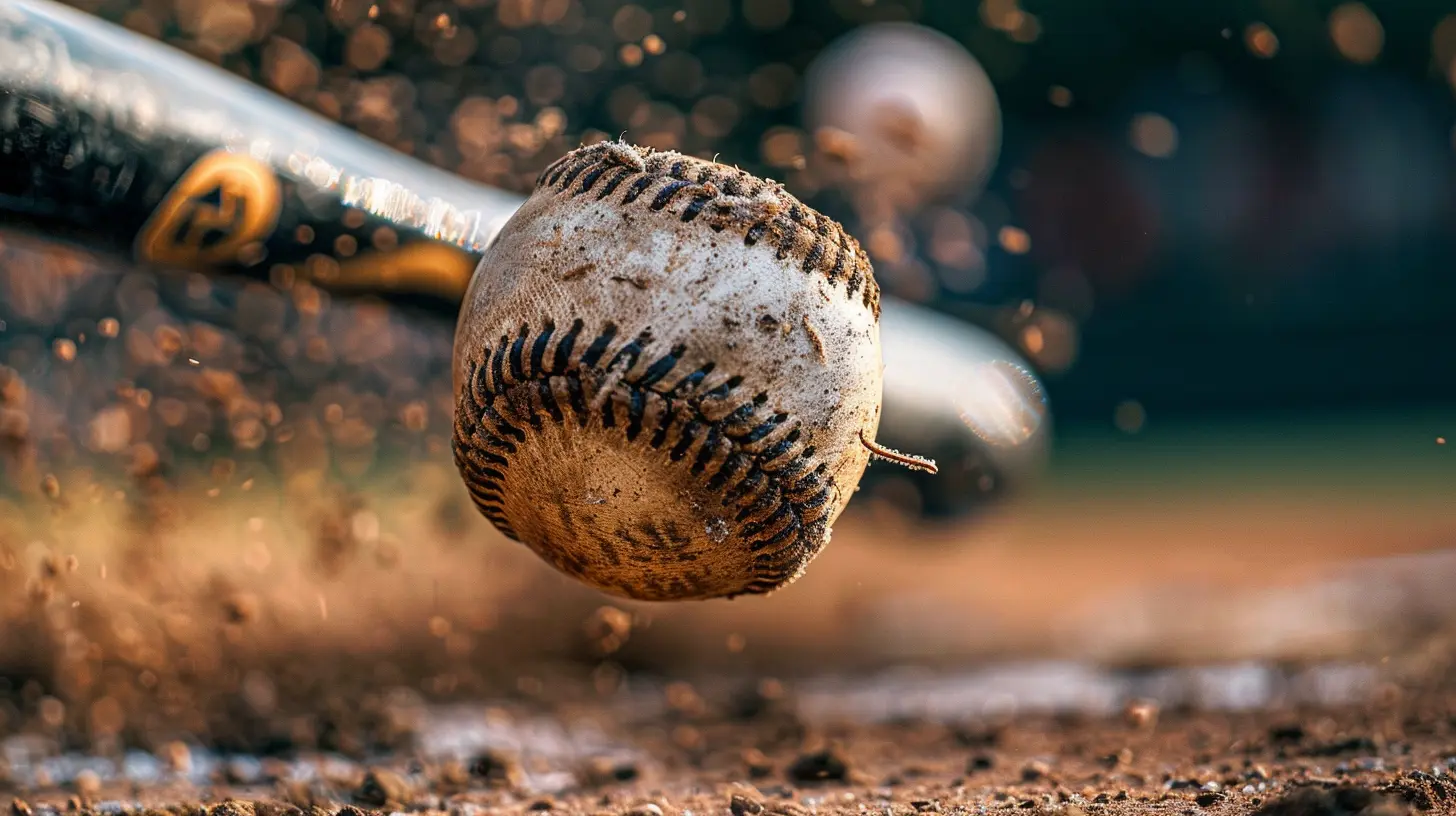
Arguments Against the Universal DH
1. Loss of Traditional Strategy
Baseball purists argue that the DH removes a crucial element of the game—the pitcher’s role as a hitter. In the NL, managers had to make difficult choices about pinch-hitting for pitchers, executing bunts, and balancing offense with defense.Without pitchers batting, the game loses some of its strategic depth. Double switches, small-ball tactics, and late-game chess moves become less relevant.
2. The Charm of Pitchers Who Can Hit
While most pitchers are terrible hitters, every once in a while, you get a unicorn—someone like Shohei Ohtani, Madison Bumgarner, or Zack Greinke, who can actually swing the bat.There’s something special about a pitcher crushing a home run. It’s an underdog moment that gets the crowd roaring. With the universal DH, those moments are becoming rarer.
3. It Makes the Game Less Unique
Baseball has always been a sport of contrasts—the AL and NL having different rules was part of what made the game so interesting. The universal DH eliminates that distinction, making both leagues feel identical.Some fans love the idea of interleague play feeling different, with NL teams having to strategize differently when visiting AL ballparks and vice versa. That small quirk added an element of unpredictability to the game.
4. Some Pitchers Actually Enjoy Hitting
Believe it or not, some pitchers love getting their chance at the plate. Madison Bumgarner, for example, took pride in his ability to hit home runs. By enforcing the universal DH, baseball takes away that opportunity from pitchers who see hitting as part of their game.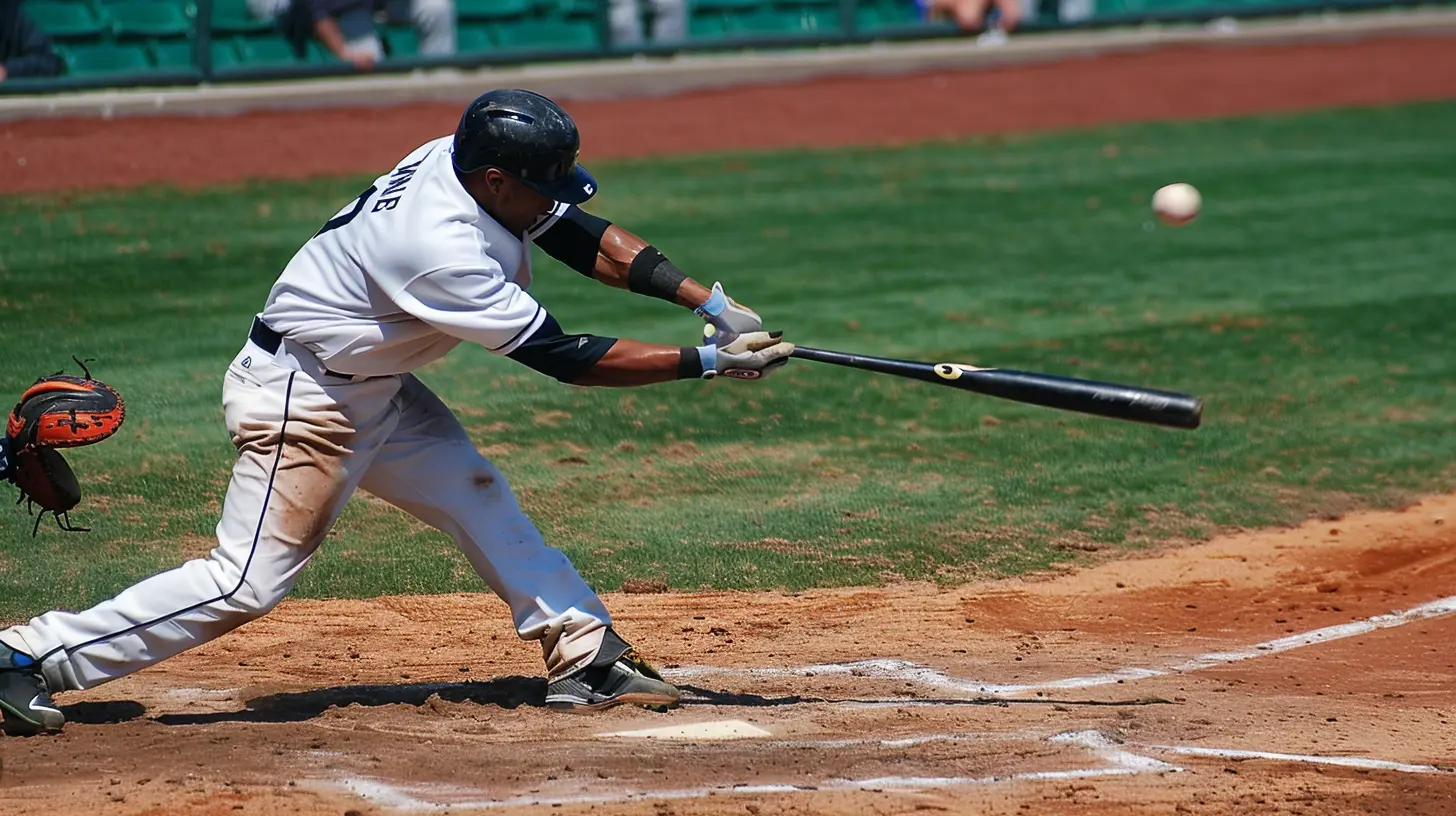
The Universal DH: A Necessary Evolution or a Step Too Far?
Whether you love it or hate it, the universal DH is here, and it’s likely not going anywhere. But does that mean MLB made the right call?On one hand, the universal DH enhances offensive production, protects pitchers, and extends careers. The game becomes more exciting, with fewer automatic outs in the lineup.
On the other hand, some of baseball’s charm disappears. The quirky moments of pitchers hitting and the strategic elements of pinch-hitting are lost. The game becomes slightly more predictable.
So, should the DH be universal? That depends on what kind of baseball you love. If you prefer a modern, offense-heavy game, the DH is a no-brainer. But if you're a baseball purist who enjoys the old-school tactical battles, then you might mourn the days of pitchers stepping up to the plate.
Either way, the debate isn’t over. Baseball is always evolving, and who knows—maybe one day, a new rule change will shake things up again.
What do you think? Should the DH remain universal, or should the NL go back to letting pitchers hit?
all images in this post were generated using AI tools
Category:
BaseballAuthor:

Frankie Bailey
Discussion
rate this article
2 comments
Blade McGowan
Universal DH: Progress or tradition clash?
June 14, 2025 at 3:04 AM

Frankie Bailey
The universal DH represents a shift towards modernizing the game and prioritizing offense, while still sparking debates about preserving traditional pitching roles. It's a balance between evolution and nostalgia in baseball.
Merida Webster
Interesting debate! A universal DH could change game dynamics—excited to see opinions!
June 5, 2025 at 3:16 AM

Frankie Bailey
Thank you! I'm glad you found it interesting. A universal DH could indeed reshape strategies and player roles significantly. Looking forward to more discussions!
